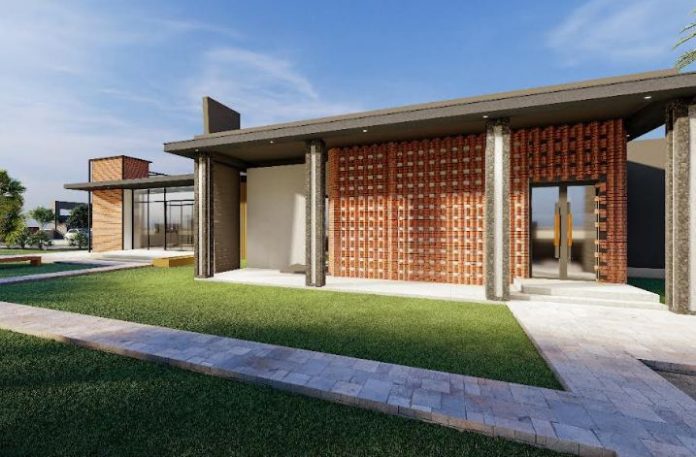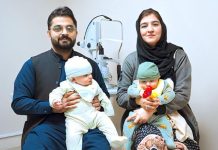RAWALPINDI, NOV 12 /DNA/ – Construction of the Al-Shifa Trust Eye Hospital in Haveli Lakha, Okara, has entered its final phase, with inauguration planned for March next year. The facility, built on two acres of donated land, will provide free eye care to thousands of residents in South Punjab, where more than 1.8 million Pakistanis live with blindness and 85 percent of cases are considered avoidable.
Maj. Gen. (Retd) Rehmat Khan, President of Al-Shifa Trust, told reporters that all major construction work has been completed and finishing touches are underway. He said the hospital will serve patients from Haveli Lakha, Depalpur, Pakpatan, Sahiwal, and Bahawalnagar, areas long deprived of specialized eye treatment. Nearly half of all blindness stems from cataracts, a condition largely treatable through routine surgery, but rural areas face severe shortages of trained staff and advanced surgical facilities, he added.
Staff training is underway for the hospital, which is designed to serve up to 250 OPD and IPD patients daily. The total cost of the project is 122 million rupees, while the total cost of equipment is 40 million. The project’s land and construction costs were fully donated by a local doctor, while Al-Shifa is supplying modern equipment and will manage operations. The facility will help reduce the burden on major city hospitals, said Maj. Gen. (Retd) Rehmat Khan. The trust currently operates hospitals in Rawalpindi, Sukkur, Kohat, Muzaffarabad, Gilgit and Chakwal, and screened more than 175,000 schoolchildren through over 550 free eye camps in the past year.
Maj. Gen. Khan said the expansion reflects the trust’s effort to extend healthcare access. By bringing eye care closer to remote populations, he said, the trust cuts travel costs and ensures early diagnosis, key to preventing blindness. Al-Shifa aims to reach over 2 million patients and perform more than 120,000 eye surgeries in the coming year.
Local officials and residents have welcomed the development, saying it will ease pressure on existing facilities in Okara and Sahiwal. For many families, especially daily-wage workers, the new hospital will mean shorter travel and reduced treatment costs, addressing a gap where limited access to services remain a major challenge. The trust currently treats around 80 percent of its patients free of cost.

















